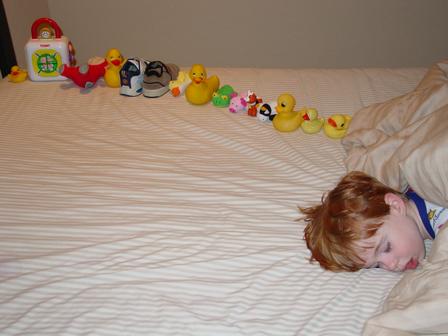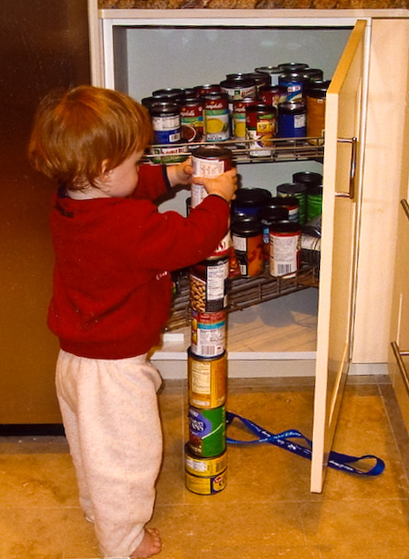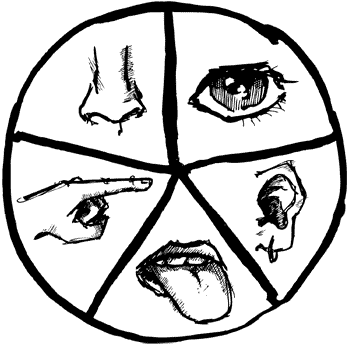For part two of Exploring the Spectrum, I'm going to focus on Asperger's Syndrome, the form of autism which this blog is based around.
Asperger's Syndrome was discovered by Hans Asperger in 1944 but wasn't added to the DSM until 1994. This is considered the more mild form of autism, with those afflicted being higher-functioning and more capable of self-care.
Those with Asperger's Syndrome show marked delays in gross motor skills and social interaction. They usually have difficulty looking at eyes or faces, reading body language, understanding metaphors and seeing hidden motives. They rarely have language or speech delays, though some may be selectively mute under stress, and often have a very large vocabulary for their age. Mental retardation is not at all common in Aspergers.
Aspies, as they're sometimes called, have some traits in common with classical autism - they also stim (though usually in less dangerous or destructive ways) and have intense focus, seeming lost in their own heads when working on something, and are very routine-oriented, where anything outside of the usual can send them into tantrums and meltdowns.
The most telling identifier, however, is the obsessions or specialist subjects. Aspies will usually have a subject which they are entirely obsessed with to the point that nothing else matters. They'll talk endlessly about whatever their subject is, no matter if the other person is bored or not, and will constantly redirect conversation to their interest, becoming bored or rude when that subject isn't being talked about. Some common interests are dinosaurs, astronomy, trains, book series, plants or animals and video games.
Asperger's was originally only diagnosed in boys, as Hans Asperger only studied boys with the disorder, but girls have been found to be able to have it. Girls, however, are usually capable of passing as just a bit quirky or odd, not disabled.
This has been explained by the way society treats girls and how they're encouraged to grow - girls with AS will spend more time memorizing social scripts so they can blend in and often have stereotypically feminine interests, such as dolls, animals or cooking. Their way of expressing these interests is usually different - where a neurotypical little girl would create social storylines for her Barbies, a girl with AS is usually more interested in alphabetizing them or putting them in some kind of order and have the same level of obsession as a male aspie.
It's harder to diagnose Asperger's at a younger age and the earliest onset of symptoms can typically be traced to 30 months, though a diagnosis is made at an average of 11 years old. Like classical autism, those with AS can improve with early intervention and specialized therapies.
They too can have commorbid issues, but are more likely to have ones such as depression, anxiety, dyslexia, dyspraxia, Sensory Processing Disorder and ADD/ADHD.
Aspies have a better long-term prognosis than individuals with classical autism, being more likely to go on to college or trade school, work, date or marry and have children. They have a higher chance to lead an independent life.

































